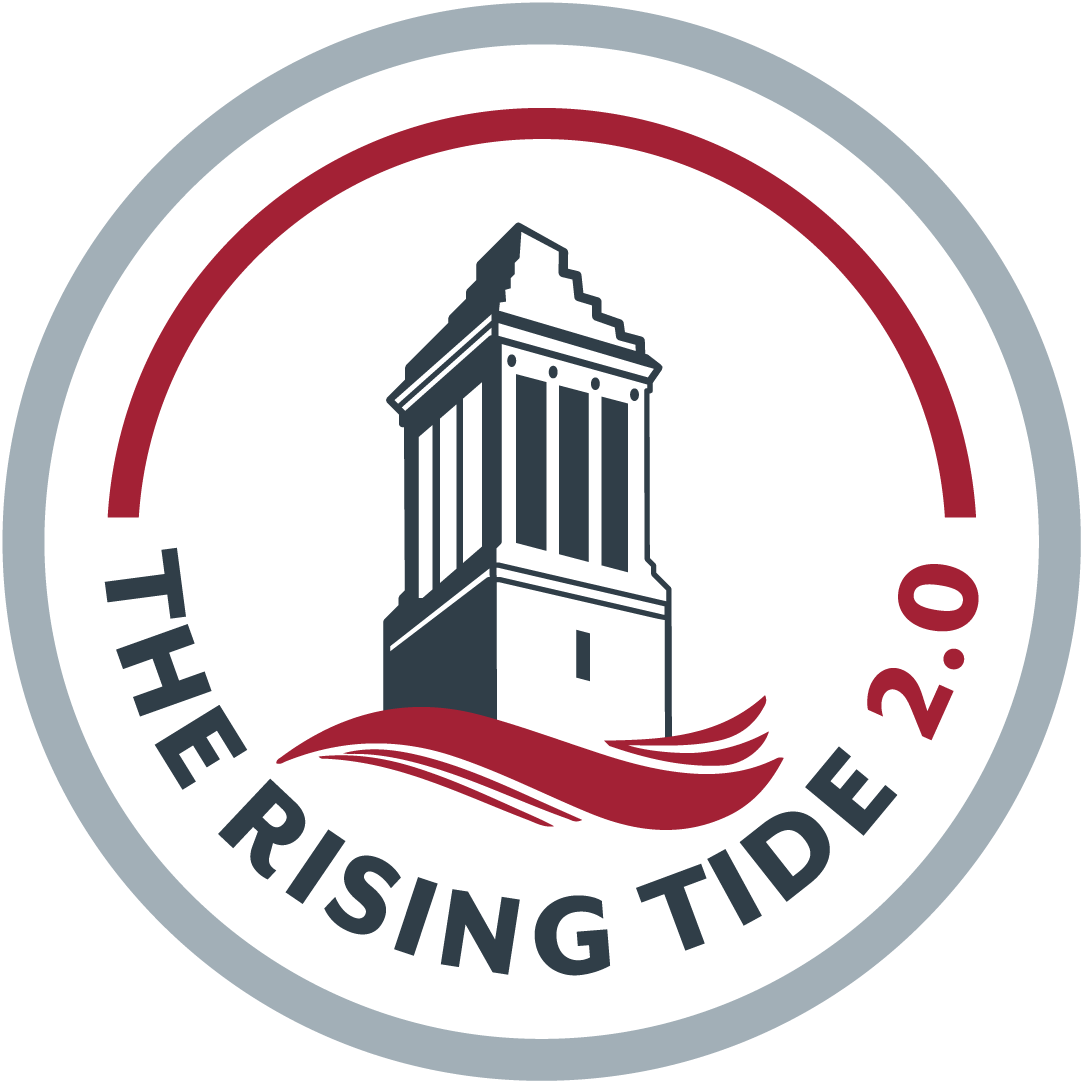“According to numbers released by the Teachers Retirement Systems of Alabama, 3,245 public school employees retired in calendar year 2020, the highest number since a mass exodus in 2011 when state lawmakers changed the rules about retirement benefits. Officials said the stress and dynamics of working in schools during the COVID-19 pandemic were contributing, but not the only, factors to the rate of retirements.”
In addition, “teacher education enrollments across the nation are in a precipitous decline. The State of Alabama has not been immune to the problem. The federal Title II reports show that the number of students formally admitted into a teacher education and graduating licensed teachers in the State has dropped by close to 50% since 2010. The problem, as one might imagine, is not in Mountain Brook. It’s in places like Birmingham and poor rural communities across the State,” stated Dean Peter Hlebowitsh.
One reason there could be a decline in teacher education students is that the single fact is that college is expensive, and students do not want to enter a profession that is not going to pay them enough to work and pay any student loans which they might have had to acquire for their profession in leading youth and young adults in critical life and academic development. It is discouraging to be a teacher who has to have a second job to make ends meet when they should be focused on their passion and profession of teaching.
Faculty in the College have put together a scholarship program that encourages fully certified special education teachers and school psychologists graduating from the College of Education to take a teaching appointment in a rural school district whose percentages of fully certified teachers are critically low, while also seeking ways to bring high school youth into the teaching profession.
Project RIIPL (Rural Interdisciplinary, Interconnected Practitioner-Leader), a $1.6 million grant funded by the Office of Special Education Programs (OSEP), will train 20 special education and school psychology practitioner-leaders with specific expertise in rural education settings, interdisciplinary collaboration, and integrating mental health, social, emotional and behavioral supports to students at-risk for and with high-intensity needs.
Each student receives funding and tuition support for two years of coursework with special education degree seekers earning their degree and school psychology students getting theirs at the end of their internship or 3rd years.
We need more of the same such programs and/or scholarships to get new teachers trained and out into the depleted teacher workforce.

